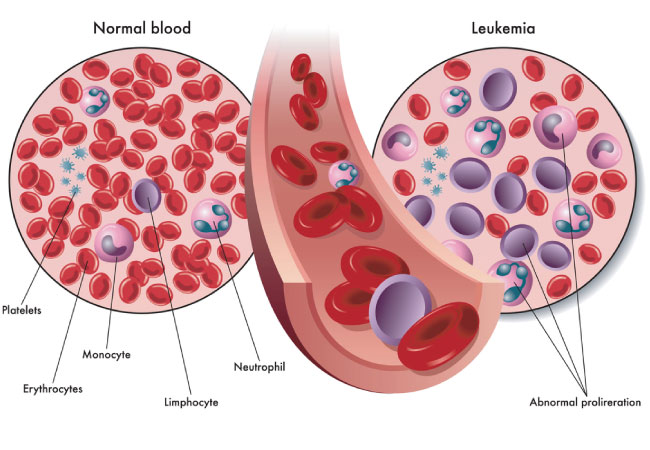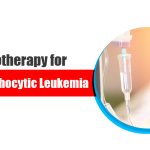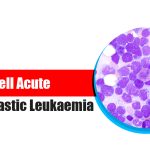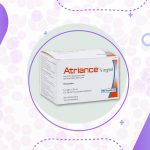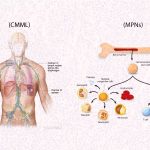Acute lymphoblastic leukemia (ALL) is a formidable adversary primarily affecting children and adults alike. In the relentless pursuit of effective treatments, medical science has introduced groundbreaking therapies such as Oncaspar, a vital component of multi-agent chemotherapy regimens. This enzyme, indicated for patients with ALL and hypersensitivity to native forms of L-asparaginase, targets a critical amino acid, asparagine, crucial for the growth of leukemia cells.
Asparaginase therapies like Oncaspar have revolutionized ALL treatments by depriving leukemia cells of their essential asparagine supply, inducing cell death. However, like any potent weapon, Oncaspar has its challenges. Hypersensitivity reactions (HSRs) pose a considerable concern. Asparaginase is a foreign protein and can trigger immune responses in the body, leading to HSRs that range from mild to severe.
To manage HSRs and optimize treatment, it’s essential to understand the intricacies of Oncaspar therapy. Monitoring serum asparaginase activity is pivotal to ensure the complete depletion of asparagine and maintain treatment efficacy. Switching to alternative asparaginase preparations becomes necessary when HSRs or silent inactivation occurs. The diversity of available asparaginase options, including recombinant Erwinia asparaginase, helps maintain treatment continuity, even during global shortages.
Beyond HSRs, Oncaspar treatment can induce side effects, such as gastrointestinal disturbances, thromboembolic events, pancreatitis, and hyperglycemia. Balancing the therapeutic benefits with potential adverse effects becomes critical for clinicians.
The link between ALL and asparaginase therapy offers a window into the complex world of cancer treatment. The evolving landscape of ALL medicine and the delicate balance between eradicating leukemia cells and minimizing side effects are at the forefront of medical research. As researchers study the cellular and molecular mechanisms of HSRs more profoundly, new strategies are emerging to mitigate these reactions.
Oncaspar and other asparaginase-based therapies continue to play a pivotal role in battling ALL. They promise enhanced survival rates and improved quality of life for patients. As science advances, the hope is that we’ll conquer ALL and master the challenges posed by treatment-related hypersensitivity reactions, forging a path to brighter outcomes for all those affected.

